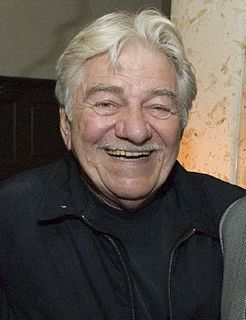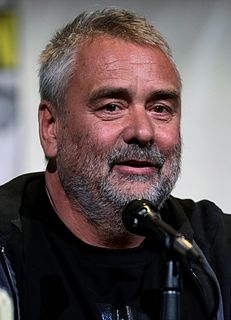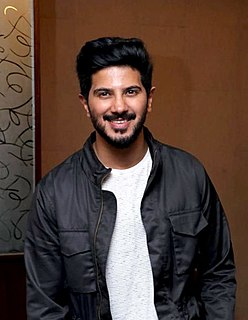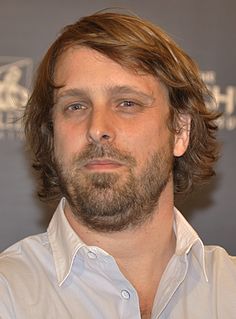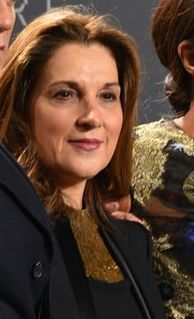A Quote by Brittany Murphy
I would hope with all my heart that people understand this and see it in the film. And there are also other messages in Happy Feet, like racial and environmental ones, but none of them are so overt. George has made a great story about penguins with a lot of humanity in it and audiences can follow a species we don't know that well.
Related Quotes
There's a great joy in writing about a place you know very well, but there's also a lot of responsibility in trying to be accurate. It's a lot like writing about a relative: you can see both their strengths and their shortcomings, and even as you want to be honest, you want people to see the good that's there as well.
Even if someone doesn't look like you or you don't know people like this in your real life, you get to know them and you get to see their humanity and you get to empathize with them. Our hope is that through empathy that can spark change. We hope people start talking to each other and our show sparks conversation because we need to start talking to each other, not at each other.
I follow my instincts and I always think about what movie I would like to see. If I want to see it then I'm guessing that some other people might want to see it as well. I never try to think about what people will love or will like, because when you start to think for other people that's where you lose track of the real motivation.
In any film business, if you're trying to get your next film made, you would never say, 'Oh, my last film was a cult film.' I'd say, 'Oh, great, well I hope this one isn't!' I always say to Johnny Knoxville, 'How do you do it? You sort of do the same thing we did, except you made millions, and I made hundreds.'
And I thought about how many people have loved those songs. And how many people got through a lot of bad times because of those songs. And how many people enjoyed good times with those songs. And how much those songs really mean. I think it would be great to have written one of those songs. I bet if I wrote one of them, I would be very proud. I hope the people who wrote those songs are happy. I hope they feel it's enough. I really do because they've made me happy. And I'm only one person.
Most people who read the autobiography perceive the narrative as a story that now millions of people know, and it was - it's a story of human transformation, the powerful epiphany, Malcolm's X journey to Mecca, his renunciation of the Nation of Islam's racial separatism, his embrace of universal humanity, of humanism that was articulated through Sunni Islam. Well, that's the story everybody knows.
The costs of an ignorance of science are nor just practical ones like misbegotten policies, forgone cures, and a unilateral disarmament in national competitiveness. There is a moral cost as well. It is an astonishing fact about our species that we understand so much about the history of the universe. the forces that make it tick, the stuff it's made of; the origin of living things, and the machinery of life. A failure to nurture this knowledge shows a philistine indifference to the magnificent achievements humanity is capable of; like allowing a great work of art to molder in a warehouse.
It's a privilege. It's a real honor. It's a challenge. Michael and I always feel we stand on tall shoulders when we make these films. Audiences come to them with a lot of good will because of what's come before. We just try to make the best film we can, each time, and hope that we satisfy the fans. I'm sure, with Skyfall, that we will. I think it's a terrific film. I hope the audiences enjoy it, as much as we've enjoyed making it.

